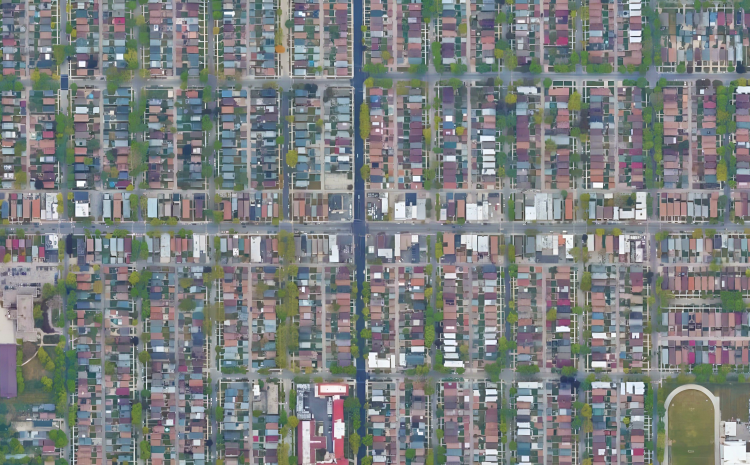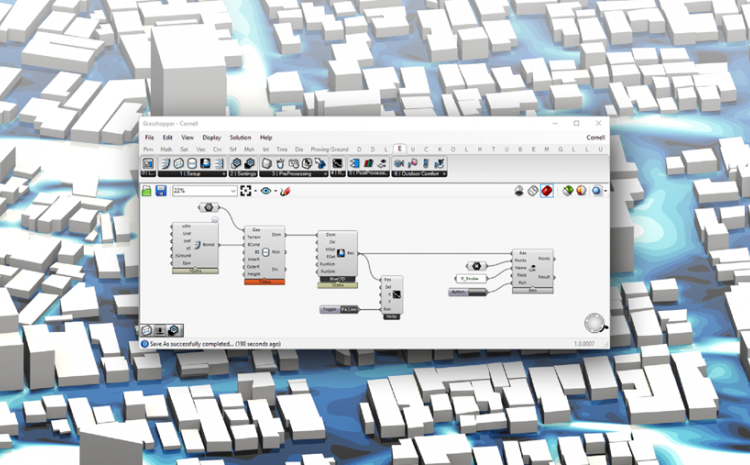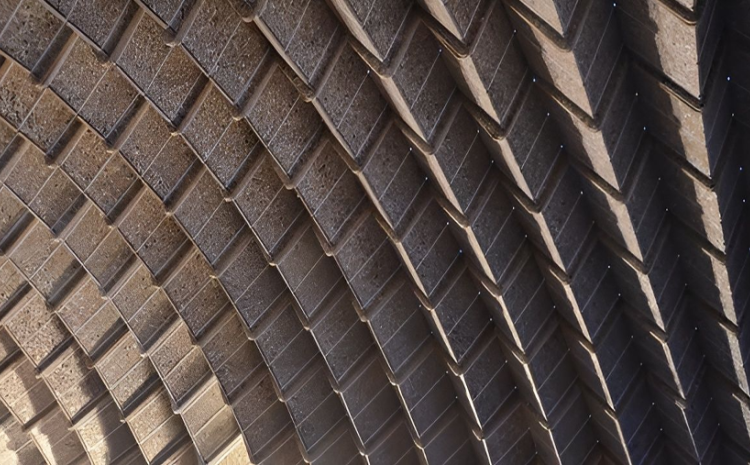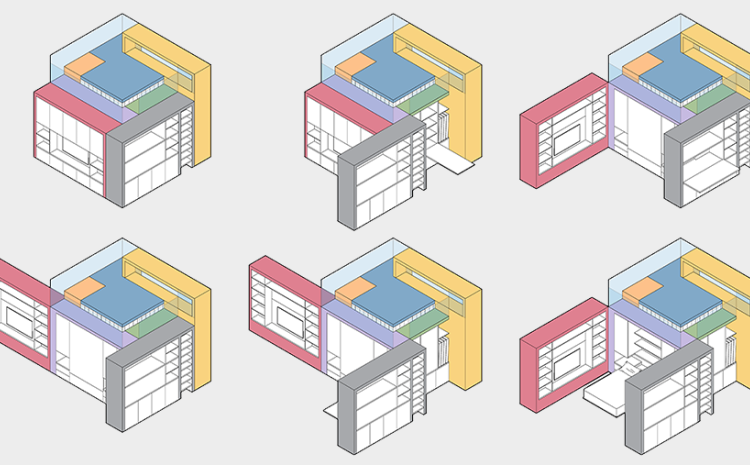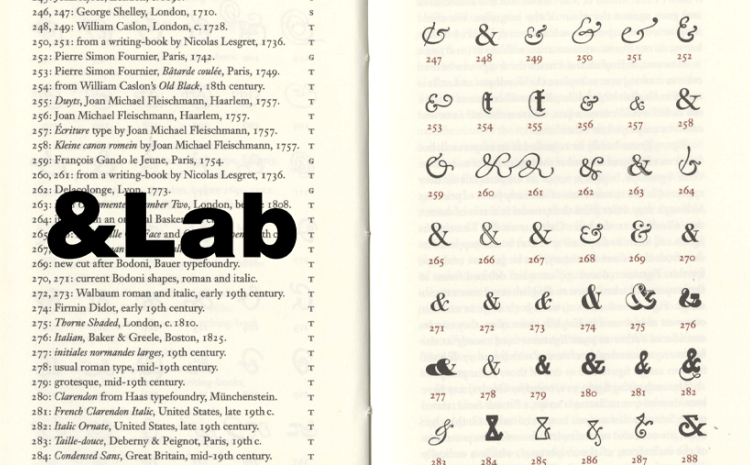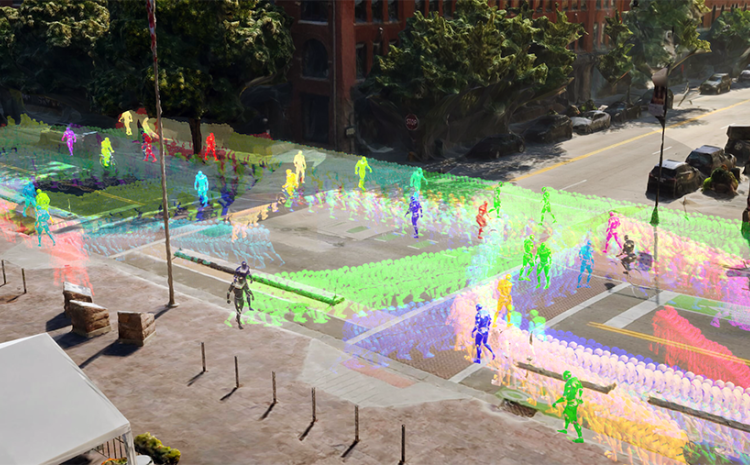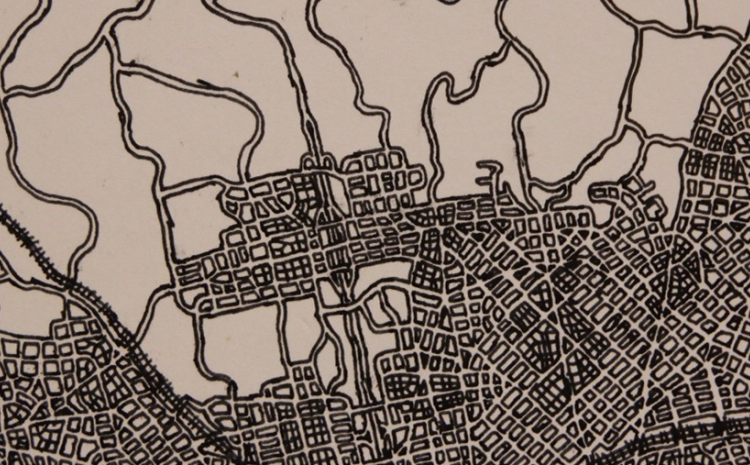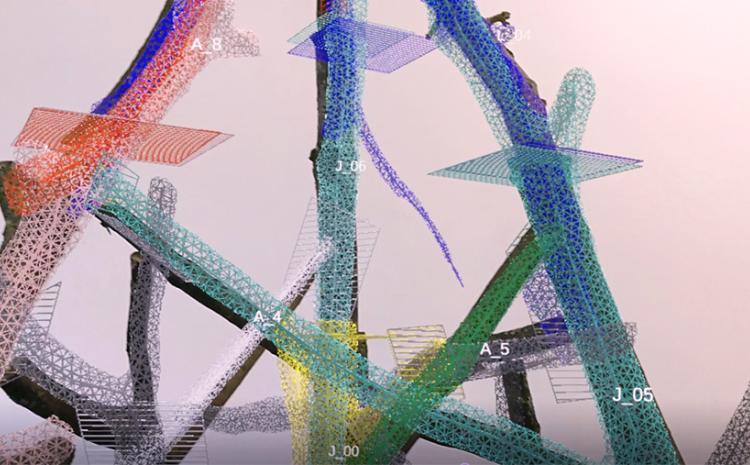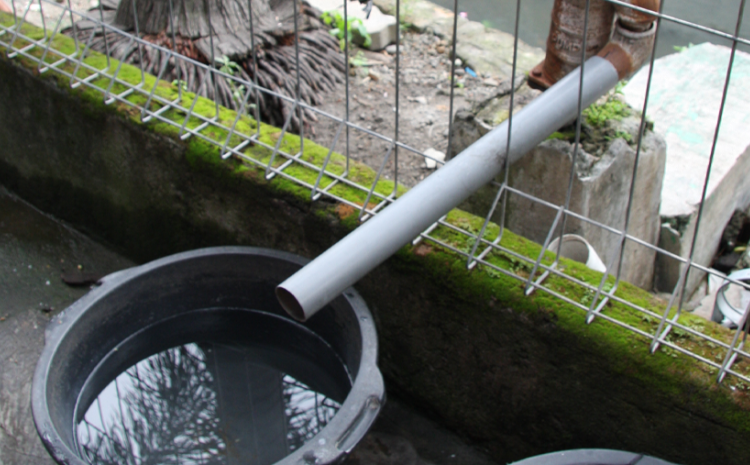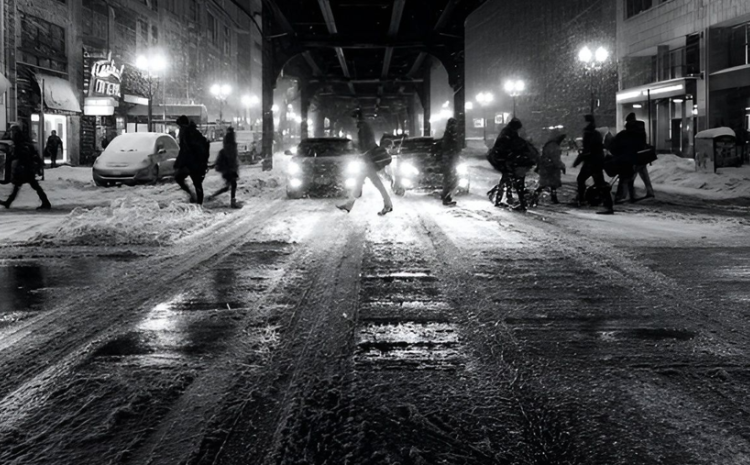Urban Climate Change Mitigation and Adaptation
Climate change and its effect on urban populations is one of the greatest challenges of our century. This initiative generates new, actionable, and scalable knowledge about how cities can mitigate and adapt to climate change. Current work focuses on flooding, extreme heat exposure, and air quality in New York City. Supported by a planning grant from the National Science Foundation (NSF), the team is developing a transdisciplinary proposal for a new Civic-led Urban Adaptation Research Center (CIVIC-UARC) that brings together experts across multiple disciplines and institutions, civil society organizations, the public sector, and private industry to support equitable, sustainable, and inclusive approaches to urban climate change adaptation.






